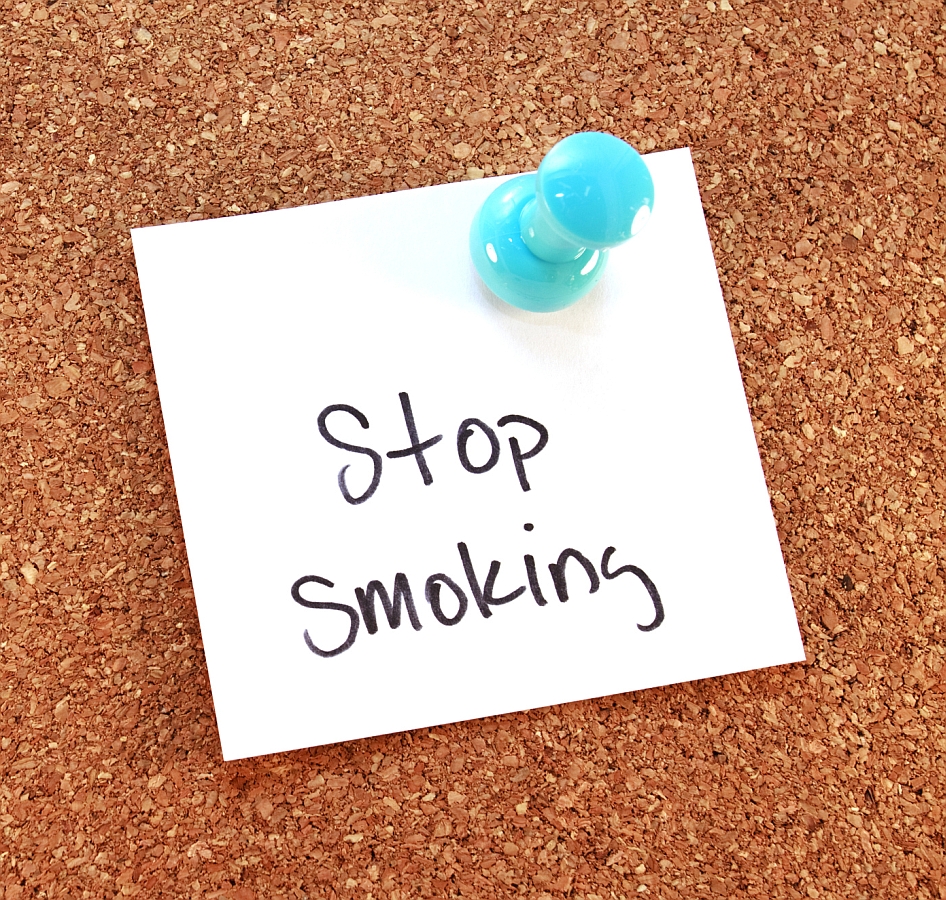
Quitting is hard because nicotine in cigarettes is addictive. To quit smoking, your body has to stop craving the nicotine. Although it is hard to quit, most people can do it. Keep in mind the benefits of quitting smoking:
Smoking raises your risk of heart attack. Quitting reverses this risk.
You greatly lower your risk of many types of cancer.
You will have more energy and less shortness of breath. And you may cough less.
Quitting smoking may be the most important thing you can do for your health, and you may save money.
How can you quit smoking?
Treatment can make it a lot easier to quit. Tools you can use include:
Medicines and nicotine replacement that reduce your craving and withdrawal symptoms.
Support groups. Check with the American Lung Association (www.lung.org) or your local hospital.
Counseling from doctors, pharmacists, dentists, therapists, or nurses.
A stop-smoking quitline such as 1-800-QUITNOW (1-800-784-8669).
Internet programs, chat rooms, and smartphone or tablet apps to help you quit.
How do you make a plan to quit?
1. Get ready.
Choose a quit date that works for you and stick to it. It may be more difficult to quit during high-stress times.
Get rid of your cigarettes, ashtrays, and lighters. Clean your house and clothes to get rid of the smoke smell.
If you live with someone who smokes, discuss quitting together. If this is not an option, talk to the person(s) about not smoking around you. When you can, avoid places where others are smoking.
2. Make a plan for quitting.
Decide what times are the hardest for you, such as when you are restless or around others who smoke. Plan how you will handle your cravings during these times.
Change your routine. Avoid those things that make you reach for a cigarette.
Find ways to cope. For example, take a walk after dinner instead of having a cigarette.
Find ways to manage your stress in the first few weeks of quitting.
3. Get support.
Ask loved ones or people who used to smoke for support and tips.
Get counseling. People who use phone, internet, group, or one-on-one counseling are much more likely to stop smoking.
Call a stop-smoking quitline, such as 1-800-QUITNOW (1-800-784-8669).
4. Consider using medicine or nicotine replacement therapy.
Medicines and nicotine replacement therapy (NRT) reduce your craving and withdrawal symptoms and can make it a lot easier to quit smoking. Talk to your doctor or pharmacist about the options.
These include the following:
Some nicotine replacement products such as nicotine gum, patches, and lozenges are available without a prescription. Nicotine inhalers and nasal sprays require a prescription.
Bupropion SR and varenicline (Chantix) medicines require a prescription. These prescription medicines have no nicotine.
5. Be prepared for relapse.
A slip is when you have one or two cigarettes after you quit. If you return to regular smoking, it is called a relapse. To avoid either one:
Get support from your doctor, family, friends, and support group.
Learn to recognize when you might slip. Plan ahead to cope with those situations.
Reward yourself. Quitting smoking is tough, and each small success deserves credit.
Do not smoke at all. Not even a puff!
If you do slip or relapse, don't give up. Revise your quit plan and get back to not smoking as soon as possible. Talk to someone who has quit smoking, or to a counselor, to get ideas of what to do.
What about withdrawal?
Nicotine withdrawal can make you feel grumpy, restless, nervous, or hungry, among other things. Withdrawal symptoms are at their worst in the first couple of weeks after you quit, although they can last longer. This is a lot to cope with, but keep at it. You will feel better.
You can manage withdrawal symptoms by using medicines and doing more physical activity. Decreasing the number of demands on you every day also may help. Remind yourself often that your symptoms will get better.
How can you avoid weight gain?
Many people gain weight when they quit smoking. Don't try to avoid this by going on a strict diet at the same time that you try to quit. This will make it even harder to stop smoking. To lower your chance of gaining weight:
What if you go back to smoking?
Relapse is common. Most people who smoke quit and restart many times before they stop for good. The important thing is to keep trying. Each time you relapse, think about why you went back to smoking. If you slip while you are using quit smoking medicine, keep using the medicine unless you go back to regular smoking.
How can your medical staff help?
Health professionals can be great resources. Your doctor can:
Tailor an approach to quitting that suits you.
Prescribe medicines to help you succeed.
Refer you to a "quit smoking" program or support group.
Teach you healthy eating and exercise habits.
Help you track the benefits to your health.


